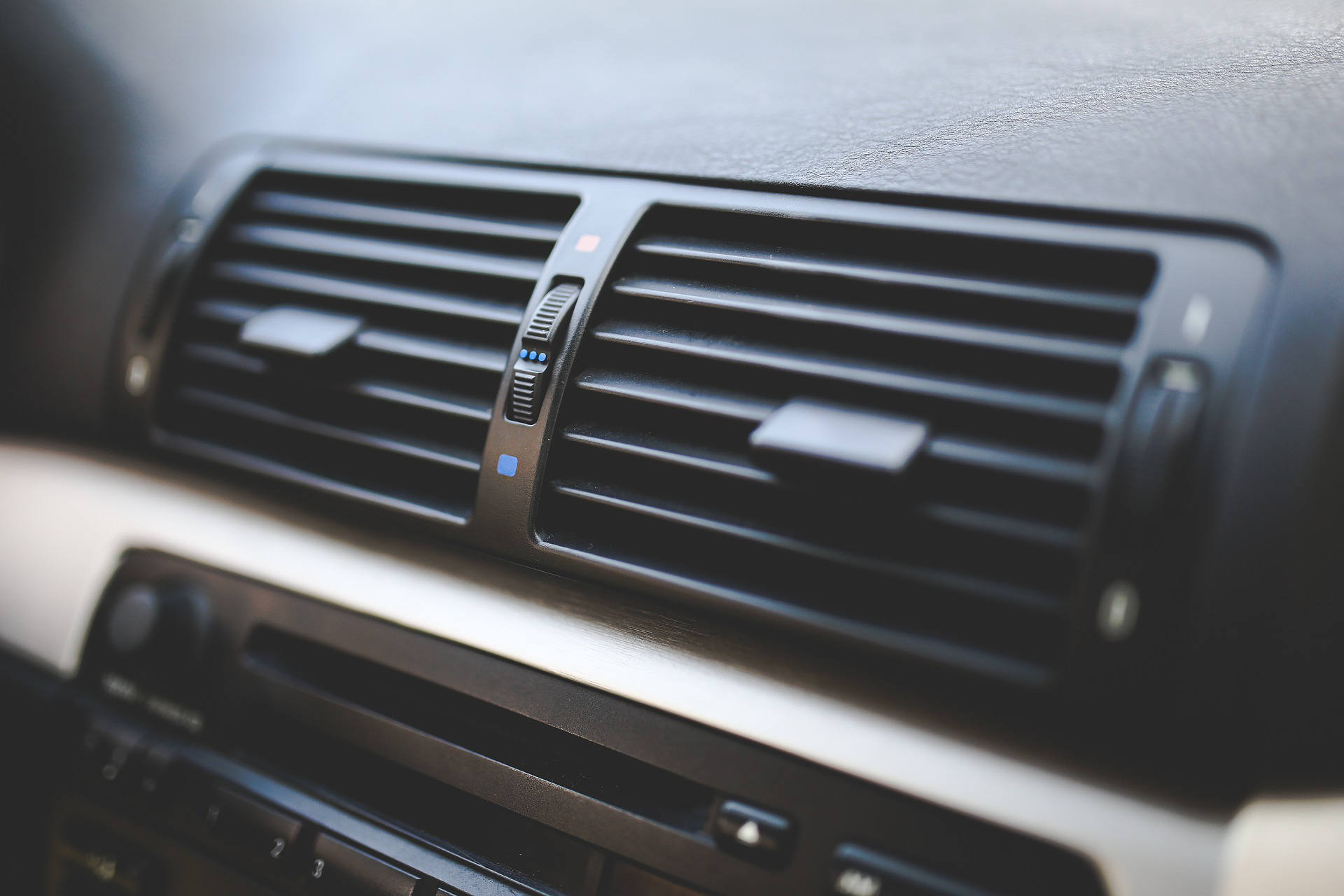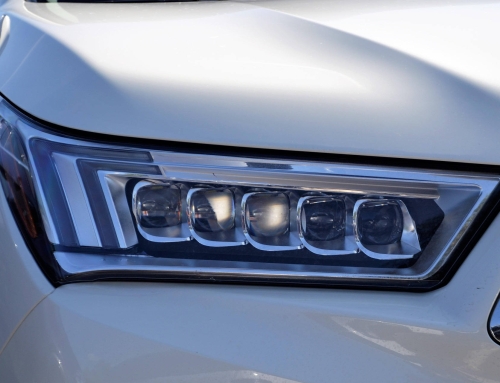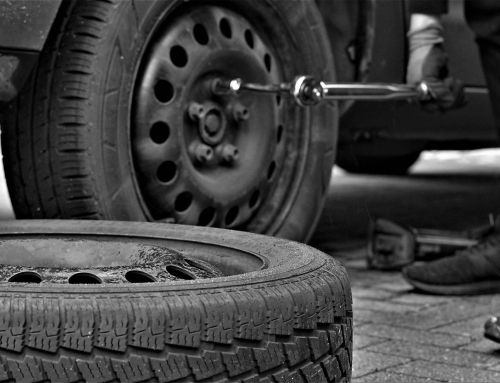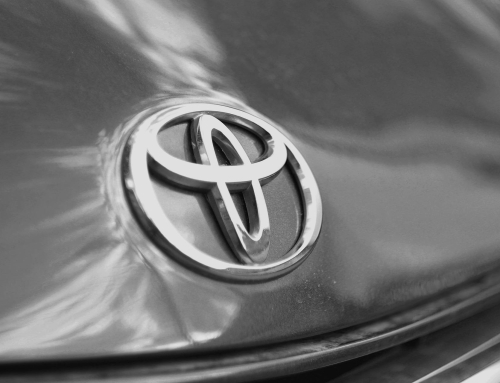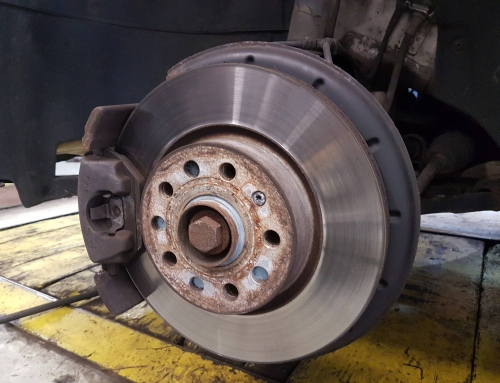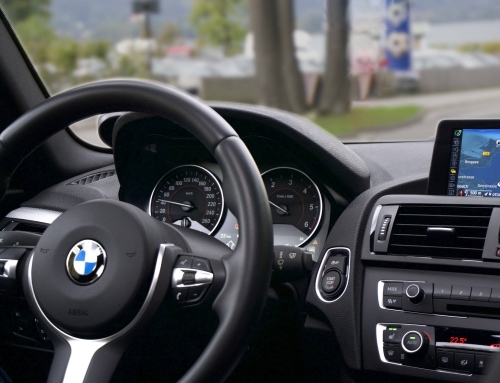Regular car inspections can help you detect signs of wear and tear early, such as an overheating engine caused by a clogged air intake system. One critical component to check is the air filter, vital in maintaining clean air quality by preventing pollutants from entering the engine. This helps reduce emissions, a significant source of pollution.
Contents
- 1 Importance of the Air Filter
- 2 Visual Inspection
- 3 Preventing Further Damage
- 4 Frequency of Air Filter Changes
- 5 Recommended Replacement Interval
- 6 Checking for Proper Fit and Function
- 7 Changing Your Car’s Air Filter
- 8 Selecting the Right Filter
- 9 Installing the New Filter
- 10 Tips for Maintaining Your Car’s Air Filter
- 11 Benefits of Regular Maintenance
- 12 Adjusting for Driving Conditions
- 13 What type of air filter should I use?
- 14 How much does it cost to replace an air filter?
- 15 What are the consequences of not changing the air filter?
- 16 Is replacing the air filter better, or is it having a professional do it?
- 17 Can we extend the life of the air filter?
Importance of the Air Filter
It is essential to monitor your vehicle’s air filter for signs of deterioration or damage. If the filter appears dirty or has tears or holes, it should be replaced immediately. Don’t forget to check the mounting points as well; if they are loose, they may need adjustment.
Visual Inspection
A quick visual inspection can reveal whether the air filter needs replacing. Dirt and debris build-up on the filter indicates that it requires more frequent changes. Reduced power output when accelerating could also signify a clogged filter.
Preventing Further Damage
It is crucial to replace the air filter when it shows signs of wear. Delaying this can cause further damage to engine parts like the fuel injector or spark plugs, leading to more significant repair bills.
Frequency of Air Filter Changes
Regularly checking the condition of your vehicle’s air filter can save you from costly repairs and keep your car running smoothly. The impact on airflow is vital in determining how often you should change your filter. The efficiency of the airflow system is reduced by a clogged air filter, leading to higher fuel consumption and decreased engine performance.
Recommended Replacement Interval
It is recommended that you replace auto air filters every year or 12,000 to 15,000 miles, whichever comes first. However, if you frequently drive in dusty conditions or on dirt roads, you should check the air filter more often due to the increased debris entering the engine.
Checking for Proper Fit and Function
Before the existing air filter is replaced it should be inspected. If there are unusual signs of wear and tear it may not have been fitted and functioning correctly.
Changing Your Car’s Air Filter
Have you ever wondered how to ensure your vehicle’s airflow system runs efficiently? Changing the air filter is essential for keeping your car in good condition and performing optimally.
Selecting the Right Filter
To begin, you’ll need to choose the appropriate filter for your car—different types are available depending on the make and model. Once you have the correct filter, locate where it needs to be installed under the hood.
Installing the New Filter
Unscrew or unsnap any clips holding the old filter in place, being careful not to damage any parts. Remove the old filter and insert the new one, ensuring it fits snugly before reattaching the clips or screws. Finally, double-check that everything is secured correctly and clean up around the area before closing the hood.
Tips for Maintaining Your Car’s Air Filter
Performing routine maintenance is crucial for ensuring your vehicle’s optimal performance and that includes the air filter. Dust and debris builds up in the filter, routinely checking and replacing the filter prevents that from infiltrating the engine, thereby preserving high air quality and enhancing the vehicle’s efficiency.
Benefits of Regular Maintenance
Regular maintenance ensures sufficient airflow to the engine, improves fuel efficiency and reduces environmental impact. Depending on your driving frequency and environment, it is recommended that you change the air filter every 15,000 to 30,000 miles.
Adjusting for Driving Conditions
Changing the air filter more frequently may be necessary if you live in a dusty or polluted area. Off-road driving or driving through muddy roads or water crossings can significantly increase wear and tear on the filter, requiring more frequent checks and replacements.
What type of air filter should I use?
Consider using a synthetic air filter for your car. Synthetic filters are more effective at trapping dirt, debris, and other contaminants and require less frequent maintenance.
How much does it cost to replace an air filter?
Replacing your car’s air filter varies in cost depending on the vehicle type and filter typically ranging $20-50. A high-quality filter ensures better airflow, engine performance, and fuel economy.
What are the consequences of not changing the air filter?
Neglecting to change your car’s air filter can significantly decrease performance and poor air quality. A clogged filter cannot effectively clean the air entering your vehicle, potentially decreasing fuel efficiency and introducing harmful particles into the engine and cabin air.
Is replacing the air filter better, or is it having a professional do it?
Taking on the replacement of the air filter can save money and give you a sense of accomplishment. However, you must be experienced in ensuring the filter is installed correctly. Having a professional replace it guarantees quality results.
Can we extend the life of the air filter?
Regularly cleaning the air filter can extend its life. This involves removing dirt, debris, and other particles that can clog the filter. Cleaning should be done at least once a month to ensure proper functioning.
Regularly changing your car’s air filter is crucial for maintaining performance and fuel efficiency. Follow the manufacturer’s guidelines and check for signs of wear and tear. Think of the air filter as your car’s breath of fresh air. Regular maintenance and timely replacements ensure your vehicle runs smoothly and efficiently.

